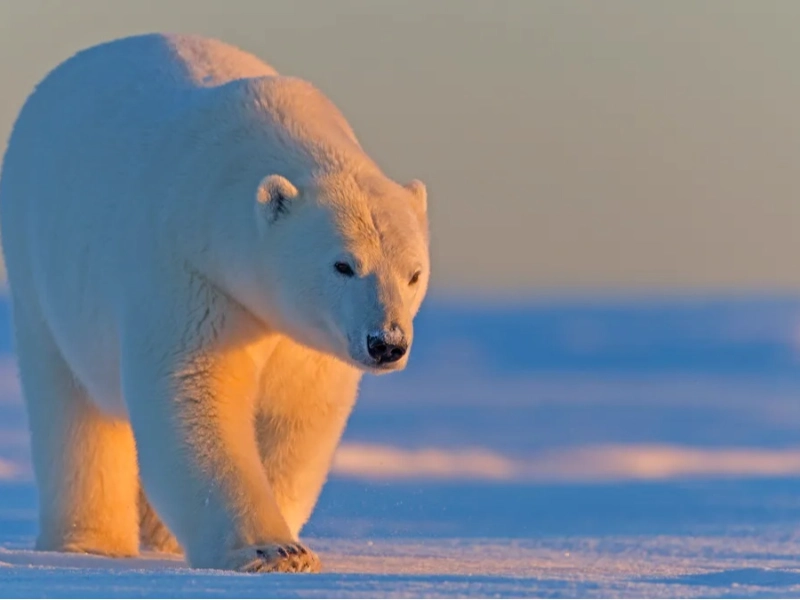Advertisement
7. Their Origins Are Murky

Researchers are quite interested in the evolutionary background of polar bears; for years, scientists thought that these amazing animals developed from brown bears around 150,000 years ago. Based on the premise that polar bears had to quickly adapt to the hostile Arctic environment, this notion developed Recent studies, however, have disproved this conventional wisdom by implying that polar bear origins are more complicated than first believed. Research reported in the journal Science shows that polar bears share a common ancestor with brown bears rather than descended straight from them.
Researchers have found evidence through thorough DNA analysis of polar bears, brown bears, and black bears that the evolutionary routes of polar bears and brown bears separated some 600,000 years ago. This chronology implies that polar bears have adapted to Arctic life far more historically than formerly thought. According to genetic evidence, polar bears have been changing in reaction to their surroundings for hundreds of thousands of years, acquiring special features that help them to survive in one of the most hostile environments on Earth.
This study has important consequences since it helps us to better grasp how polar bears have evolved to fit their demanding habitat. For example, polar bears have specialised adaptations include hair and extensive coats of blubber that enable them to retain body heat in below freezing conditions. Hunting seals and negotiating the Arctic's frozen seas depend critically on their great sense of smell and superb swimming skills. Long evolutionary processes have moulded polar bears into the amazing animals we know today by means of these traits.
Knowing where polar bears came from also begs significant issues about their future in view of climate change. Polar bears are compelled to adapt to fast changing circumstances as the Arctic keeps warming and sea ice retreats. Their survival is seriously threatened by habitat loss and food scarcity; thus, researchers worry about the possible effects of climate change on polar bear numbers. Through an understanding of their evolutionary background, researchers may learn a great deal about how polar bears would react to these obstacles and what steps might be required to preserve them.
Overall, the history of polar bears is more complicated than first thought; current studies indicate that rather than directly deriving from brown bears, they share an ancestor. This finding emphasises the amazing adaptations polar bears have to survive in the Arctic and their extensive evolutionary history. Emphasising the need of conservation efforts to preserve these iconic animals and their habitat, researchers' deeper knowledge of the difficulties polar bears confront in an ever warming globe results from their continuous study of their genetic background.
